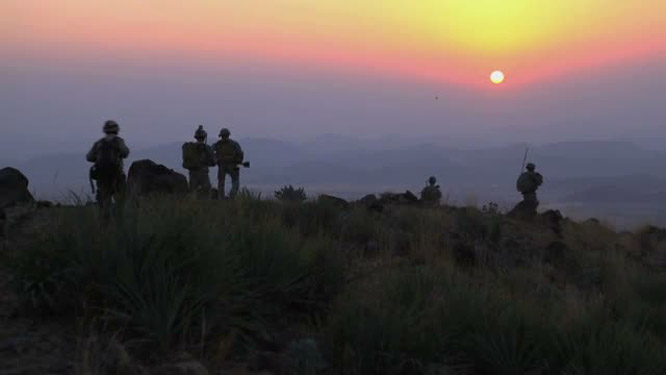CIA Drone Program in Pakistan Reportedly “On Hold” as Relations Deteriorate

December 14, 2011
Share
As U.S.-Pakistan relations continue to descend to new, new lows, a new report suggests the U.S. is attempting to salvage the relationship by pausing drone strikes targeted at suspected Al Qaeda and Taliban militants in Pakistan.
The strikes are “on hold” at the moment, U.S. intelligence officials involved in the CIA program told The Long War Journal, out of fear they would further harm the fragile relationship.
“We may strike soon if an extremely high-value target pops up, but otherwise there is hesitation to pull the trigger right now,” an unnamed senior U.S. intelligence official told the security blog.
Relations have deteriorated significantly since NATO airstrikes on Nov. 26 mistakenly killed 26 Pakistani soldiers. The attack was widely viewed in Pakistan as an intentional act of aggression and prompted Pakistan to close NATO supply routes to Afghanistan and expel the CIA from the Shamsi airbase in Balochistan, from which it operated the drones.
According to the Journal, the last known drone strike in Pakistan occurred on Nov. 17. The last time the U.S. halted drone strikes in Pakistan was while Raymond Davis, a CIA security officer who shot two Pakistanis dead on a crowded Lahore street on Jan. 27, was held in a Lahore jail for seven weeks on murder charges. On March 17, the day after Davis was released, the CIA launched a deadly strike in North Waziristan. American officials say “a large group of heavily armed men, some of whom were clearly connected to Al Qaeda,” were killed but others have said the strike targeted a jirga meeting of tribesmen loyal to the government. (Read contradictory accounts about the targets of the March strike here.)
In addition to enraging Pakistani civil and military leadership, the timing of the March strike exacerbated a rift between the CIA and State Department over the covert program. According to the Associated Press, U.S. Ambassador to Pakistan Cameron Munter had appealed to then-CIA director Leon Panetta to stop the imminent drone strike, but “U.S. officials said Leon Panetta’s decision was driven by anger at Pakistan for imprisoning Raymond Davis for so long and a belief that the militants being targeted were too important to pass up.”
That airstrike fueled a debate in Washington that led to tightened restrictions on drone policy, according to The Wall Street Journal:
Among the changes: The State Department won greater sway in strike decisions; Pakistani leaders got advance notice about more operations; and the CIA agreed to suspend operations when Pakistani officials visit the U.S.
It is unclear what impact the tightened rules and latest cessation of strikes will have in Pakistan. U.S. officials have said the drone program has killed more than 1,500 suspected militants in Pakistan since President Obama took office in 2009. The CIA recently launched a drone program targeting militants in Yemen, modeled after the program in Pakistan.
Bonus:
“How the Drone War Plays Out in Pakistan’s Tribal Areas” — Almost every single known U.S. drone strike in Pakistan has taken place in the country’s isolated, underdeveloped tribal areas. Off limits to most, evidence of America’s operations here is scant, but on Monday, WIRED published 13 rare photos of what appears to be the aftermath of the strikes.
Related Documentaries
Latest Documentaries
Related Stories
Related Stories
Explore
Policies
Teacher Center
Funding for FRONTLINE is provided through the support of PBS viewers and by the Corporation for Public Broadcasting, with major support from Ford Foundation. Additional funding is provided the Abrams Foundation, Park Foundation, John D. and Catherine T. MacArthur Foundation, Heising-Simons Foundation, and the FRONTLINE Trust, with major support from Jon and Jo Ann Hagler on behalf of the Jon L. Hagler Foundation, and additional support from Koo and Patricia Yuen. FRONTLINE is a registered trademark of WGBH Educational Foundation. Web Site Copyright ©1995-2025 WGBH Educational Foundation. PBS is a 501(c)(3) not-for-profit organization.




















